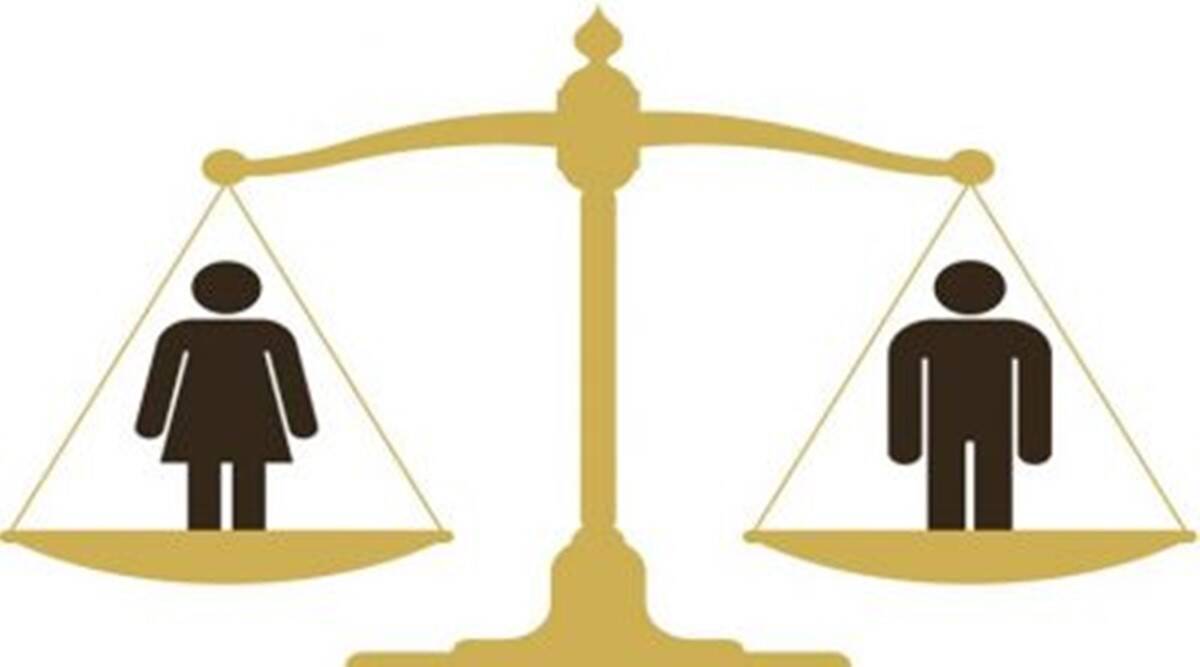 Female literacy rate in Kerala is among the highest, more than 95 per cent, and the state has a better sex ratio compared to most states. (File)
Female literacy rate in Kerala is among the highest, more than 95 per cent, and the state has a better sex ratio compared to most states. (File) The recent series of alleged suicides by young women, due to dowry-related violence, and the intensity of violence each had to encounter reveal cracks in the social and economic fabric of Kerala. The state government has finally taken note of the growing dowry deaths, following the recent unfortunate suicide of a 24-year-old BAMS (Ayurveda) student.
Chief Minister Pinarayi Vijayan has announced a round-the-clock police helpline for women to report dowry harassment, domestic violence and other gender crimes. The government has promised to strengthen domestic conflict resolution centres in all districts. One cannot resist asking, however, whether such measures can address the increasing trend of violence against women.
Kerala’s development experience is marked by very high social and human development indicators, with the state listed first among others, even in the most recent NITI Aayog’s ranking of states. Female literacy rate in Kerala is among the highest, more than 95 per cent, and the state has a better sex ratio compared to most states.
Kudumbashree, the women’s collective, has gained international attention and is widely accepted as a model of women’s empowerment. The critical contribution of women as frontline soldiers during the pandemic, be it ASHA, anganwadi workers/helpers, community-level volunteers, nurses and doctors headed by a woman health minister, has also been noted.
But crimes against women are increasing in the state, as per the latest NCRB data. Though dowry deaths are small in number — six cases in both 2019 and 2020 — cases of cruelty by husbands or relatives, which could be seen as a proxy for dowry-related violence, are substantial (2,715 cases in 2020 as per provisional figures), second only to molestation.
Kerala’s development achievements are largely attributed to progressive social and political movements. But none of them took the gender question seriously, though poor women were central to many of these struggles. While basic socio-economic problems of class and caste were addressed, gender-based exploitation remained unaddressed.
With the flow of remittance-income and the expansion of the middle class, controls on girls and women were redefined. Though girls are allowed to pursue their education, marriage prospects are given priority over economic independence.
The increased demand for teachers in the “marriage market” and the restrictions on women’s economic choices or their withdrawal from education or employment after marriage are all indications of a gendered social fabric. The average Keralite has no shame in declaring how much a man has been able to wrangle from the wife’s family in a marriage. Girls’ families also take pride in their ability to get their daughter “married off” to a man, whose social and economic status meets up to their expectations, even if it leads them into a debt trap. Expenditure on weddings has increased over time, with gold being an important part of the exchange.
Women may not face much discrimination as children, but the process of preparing them to graduate to the role of a wife begins early. A girl’s higher education is usually dependent on marriage prospects. The withdrawal over time from the economic sphere completely or partially — as is clear from the poor work participation rates of women (20 per cent as per 2018-19 PLFS) — is also one reason for increased dowry demands. Even when women earn, they rarely have an equal role in decision-making; many women consider agreeing to male decisions as a part of their responsibility.
The hypocrisy of an average Malayalee is noteworthy. On the one hand, he/she will be socially and politically conscious and may appear as a progressive individual in his/her public life. But when it comes to his/her personal life, none of these values are respected and practised, as aptly portrayed in a recent Malayalam film, The Great Indian Kitchen.
Unless larger public action is directed at improving women’s status at an overall level, through promoting women’s equality in various fields of life, ad hoc measures may not result in change. It is important to equip girls to take a stand against dowry and marriage systems, as well as question women’s subordination at large. For this, a relook at the curriculum (which was mentioned by the chief minister in his press meet) remains critical alongside ensuring forums to raise gender issues as well as avenues for debates and discussions.
The writer is professor at the Centre for Women’s Development Studies, New Delhi
- The Indian Express website has been rated GREEN for its credibility and trustworthiness by Newsguard, a global service that rates news sources for their journalistic standards.

